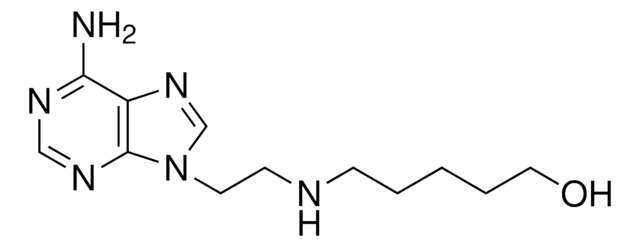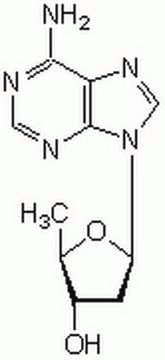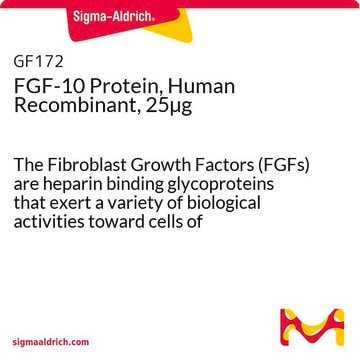C4479
9-Cyclopentyladenine monomethanesulfonate
≥98% (HPLC)
Synonym(s):
9-CP-Ade mesylate, 9-Cyclopentyladenine mesylate
About This Item
Recommended Products
Quality Level
Assay
≥98% (HPLC)
form
powder
color
white to beige
mp
180-183 °C (lit.)
solubility
H2O: 5 mg/mL, clear
storage temp.
room temp
SMILES string
CS(O)(=O)=O.Nc1ncnc2n(cnc12)C3CCCC3
InChI
1S/C10H13N5.CH4O3S/c11-9-8-10(13-5-12-9)15(6-14-8)7-3-1-2-4-7;1-5(2,3)4/h5-7H,1-4H2,(H2,11,12,13);1H3,(H,2,3,4)
InChI key
AJMDRSJHCYQPQI-UHFFFAOYSA-N
Biochem/physiol Actions
Features and Benefits
Storage Class Code
11 - Combustible Solids
WGK
WGK 3
Flash Point(F)
Not applicable
Flash Point(C)
Not applicable
Personal Protective Equipment
Choose from one of the most recent versions:
Certificates of Analysis (COA)
Don't see the Right Version?
If you require a particular version, you can look up a specific certificate by the Lot or Batch number.
Already Own This Product?
Find documentation for the products that you have recently purchased in the Document Library.
Our team of scientists has experience in all areas of research including Life Science, Material Science, Chemical Synthesis, Chromatography, Analytical and many others.
Contact Technical Service








